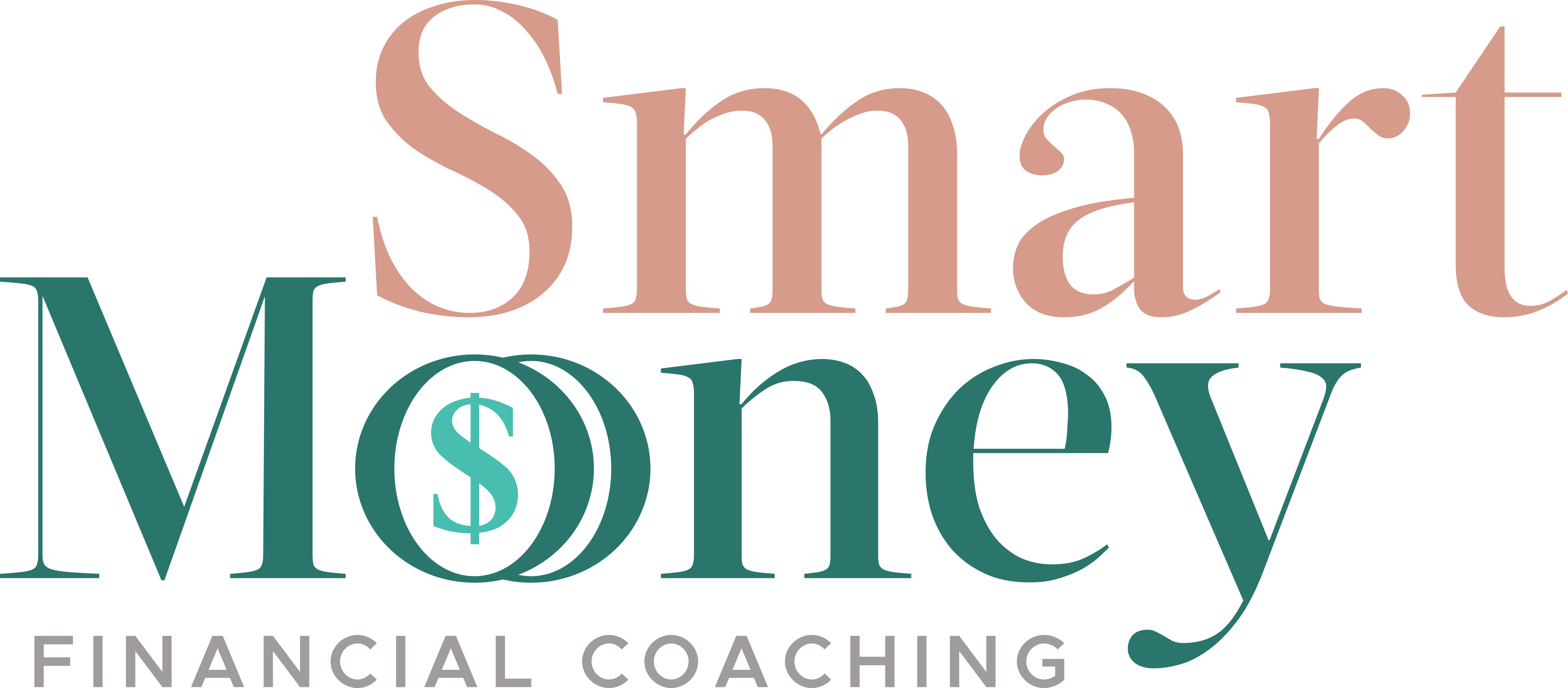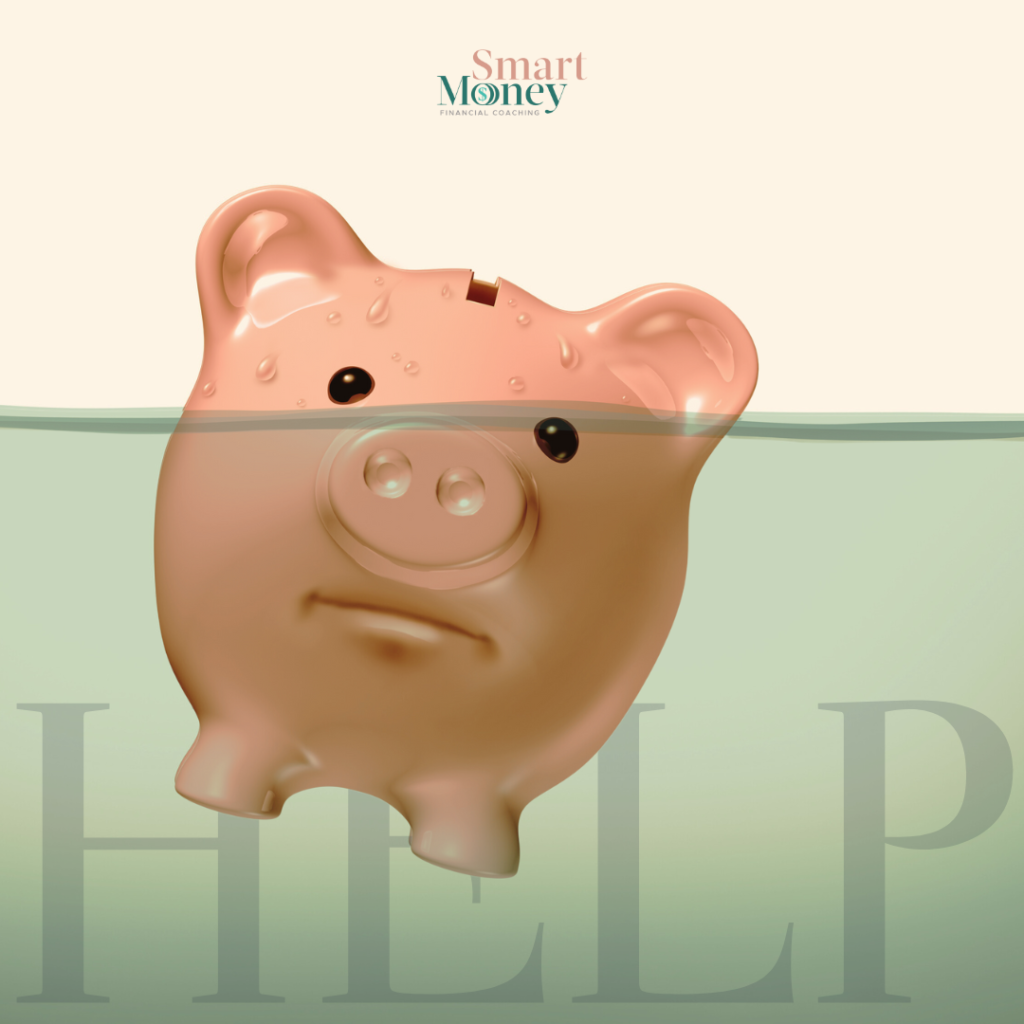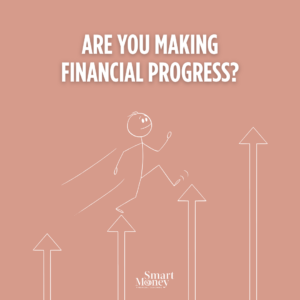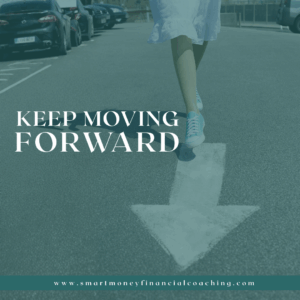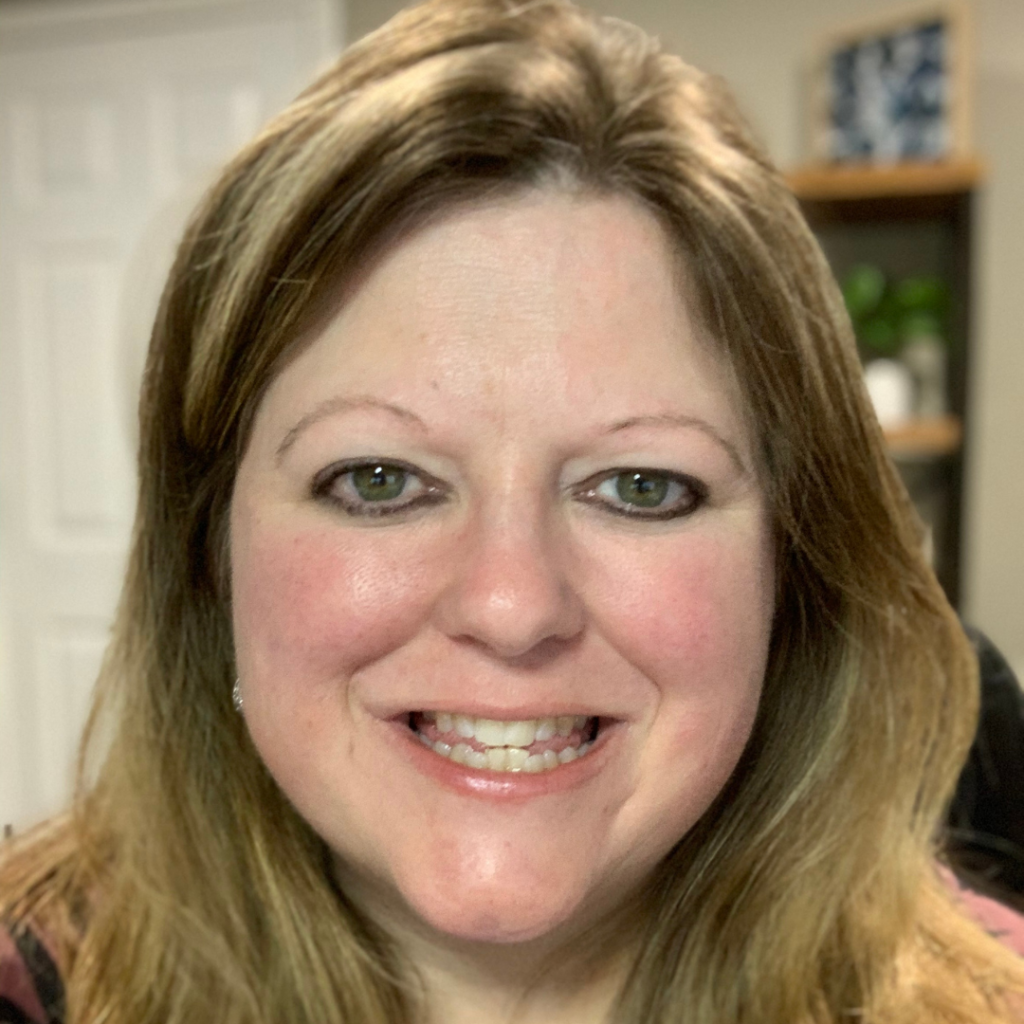Tell me if this sounds familiar…
You (FINALLY) get serious about not overspending and cut all of the unnecessary items. You aren’t eating out as much and you are shopping from your own closet for events. Soon you manage to put money away for an emergency.
Praise the Lord!
You take a deep breath and feel like you’re finally on the right path. You feel yourself having more confidence with your money!
Then, a few months later…
You find yourself overspending during the holidays.
Talking yourself into buying an RV because you have been wanting one for years.
Your paycheck didn’t make it to the end of the month, so you borrowed a bit from your emergency fund.
Just months after you had an emergency fund, you notice that you tapped into that several times and now all of your funds have drained. And, while passing up a good deal on an RV might feel like an emergency, let me share that there is probably something else going on.
Many times couples or families can “buckle down” to get things in order for a period of time.
But there is something tricky about having money set aside that you don’t spend, if you haven’t been able to save in the past.
If you have always felt like you didn’t have enough money, it may be hard for you to have money in the bank, as strange as that might sound.
It is the same reason lottery winners go broke in a few years.
They haven’t developed the skills to manage more money, and they feel uncomfortable having that much wealth. As you have probably seen, they get rid of it as quickly as they can spend it!
That same behavior is at play when you are spending money from your emergency fund on things that aren’t emergencies.
So how can you avoid this?
Well, first, let’s put up some guardrails around that emergency fund so that only “qualifying events” can take money out of this account.
True Emergencies include:
- Loss of job.
- Car needing repair.
- Necessary house repairs (air conditioning, heat, roof, etc.)
- Medical bills.
This emergency savings can be used for large or small unplanned bills or payments that are not part of your routine budget. So my advice would be to write out what constitutes an “emergency” and stick to your written plan.
See-a financial coach can help you to see the self-sabotaging behavior that has left your account empty in the past. They can help you to spot spending habits that might be invisible to you.
This is the magic of accountability with a financial coach. Whether we work together, or you work with someone else, it is so important to have someone in your life that can tell you if you are making the same mistakes.
Really – who wants to keep learning the SAME lesson?
If you are ready to work on your finances, schedule a time for us to chat to see if financial coaching is a good fit for you.
